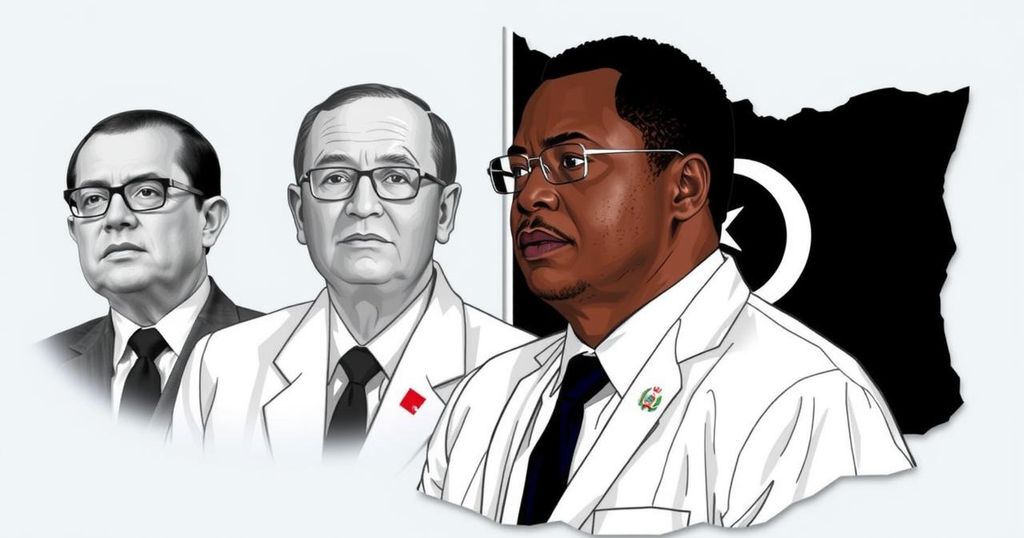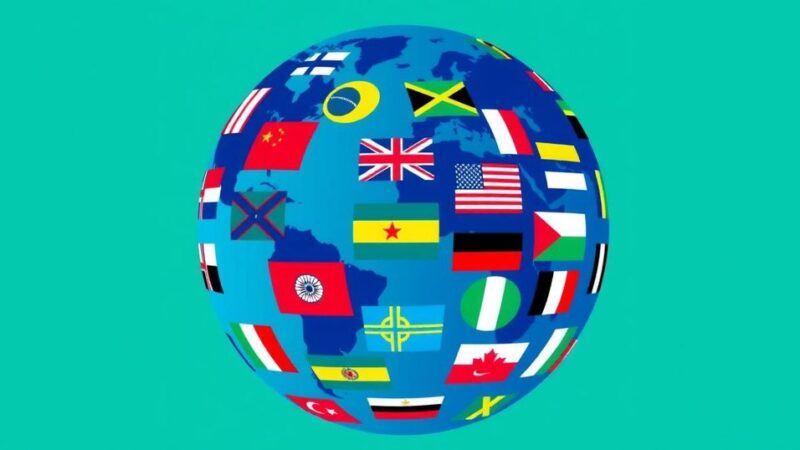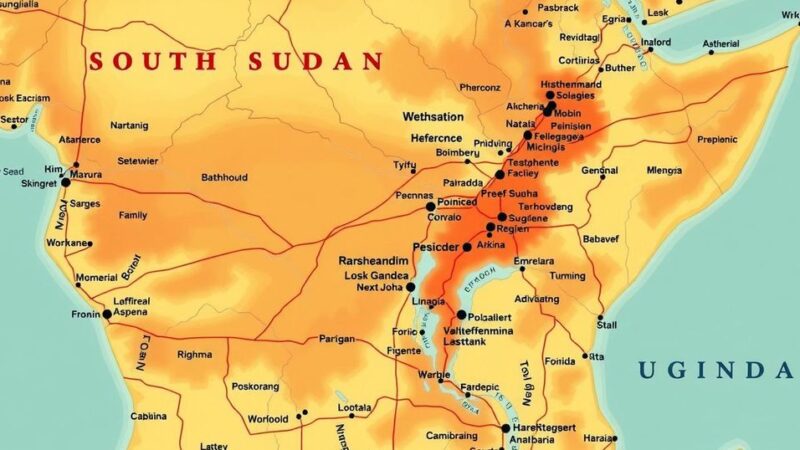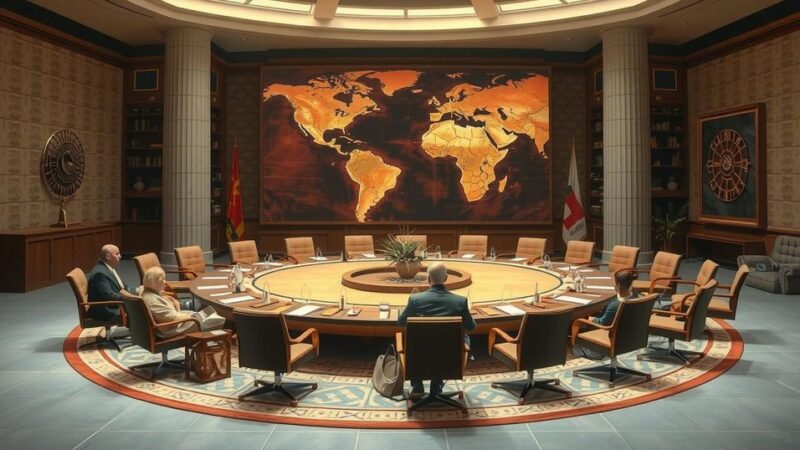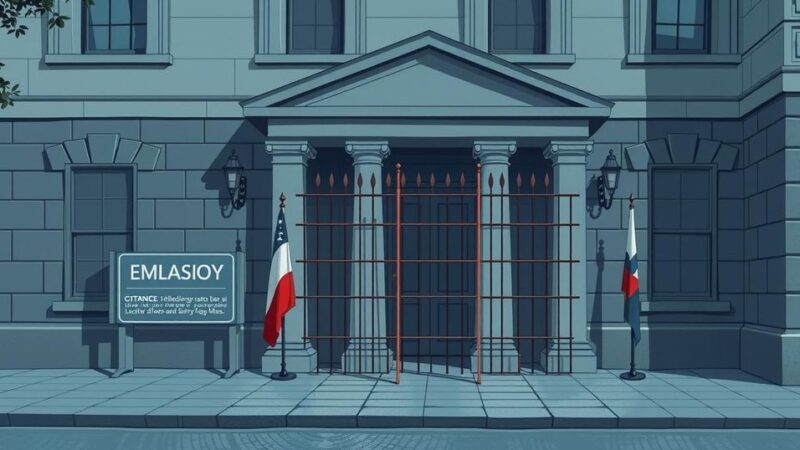The United Nations has initiated a technical committee to resolve electoral issues in Libya, following a stalled political process since the failed elections of December 2021. The committee will address contentious electoral laws and seek to facilitate national elections promptly, amidst ongoing legitimacy challenges faced by the current government. The UNSMIL reiterates its commitment to unifying military institutions and advancing national reconciliation efforts.
The United Nations is taking a renewed approach to address the ongoing electoral stalemate in Libya by establishing a technical committee of experts. This initiative, announced by the acting head of the U.N. Support Mission in Libya (UNSMIL), Stephanie Koury, aims to tackle contentious issues relating to electoral laws and strive towards conducting national elections in a timely manner. The formation of this expert committee comes in the wake of a collapsed electoral process initially slated for December 2021, due to disputes regarding the legitimacy of key candidates.
Koury emphasized that the committee’s focus will include devising strategies to address outstanding electoral concerns, with the objective of facilitating elections “in the shortest possible time, including with proposed guarantees, assurances and a timeframe.” This development follows the establishment of the Government of National Unity under Prime Minister Abdulhamid al-Dbeibah, which has faced legitimacy challenges from the existing parliament, leading to further political tensions.
Libya has suffered significant unrest since the fall of Muammar Gaddafi in 2011, with the nation divided between eastern and western factions, each controlled by rival administrations. While calls for elections have been made by all principal political actors, skepticism persists among the Libyan populace regarding their intentions, as many could potentially lose their authority in a democratic vote. Koury reiterated that the mission will also continue its efforts to unify military and security institutions, alongside promoting national reconciliation efforts alongside partners.
Libya has been embroiled in conflict since the overthrow of its long-time leader Muammar Gaddafi in 2011. The resulting power vacuum gave rise to competing factions and a divided governance structure, complicating the political landscape. A U.N.-backed Government of National Unity (GNU) was established in 2021 to guide Libya towards stability and elections. However, political legitimacy issues have emerged, especially following the collapse of planned elections in December 2021. The international community, particularly the United Nations, remains actively involved in mediating this protracted crisis to facilitate a pathway towards democratic governance.
In conclusion, the establishment of a technical committee by the United Nations represents a critical step towards resolving the electoral deadlock in Libya. With ongoing concerns surrounding political legitimacy, it is essential for this initiative to address outstanding electoral laws and set a clear timeline for elections. The commitment from the U.N. to promote military unification and national reconciliation further underscores efforts to stabilize a nation long plagued by conflict and division. The successful realization of these endeavors may ultimately lead to a peaceful transition towards democratic governance in Libya.
Original Source: www.voanews.com
